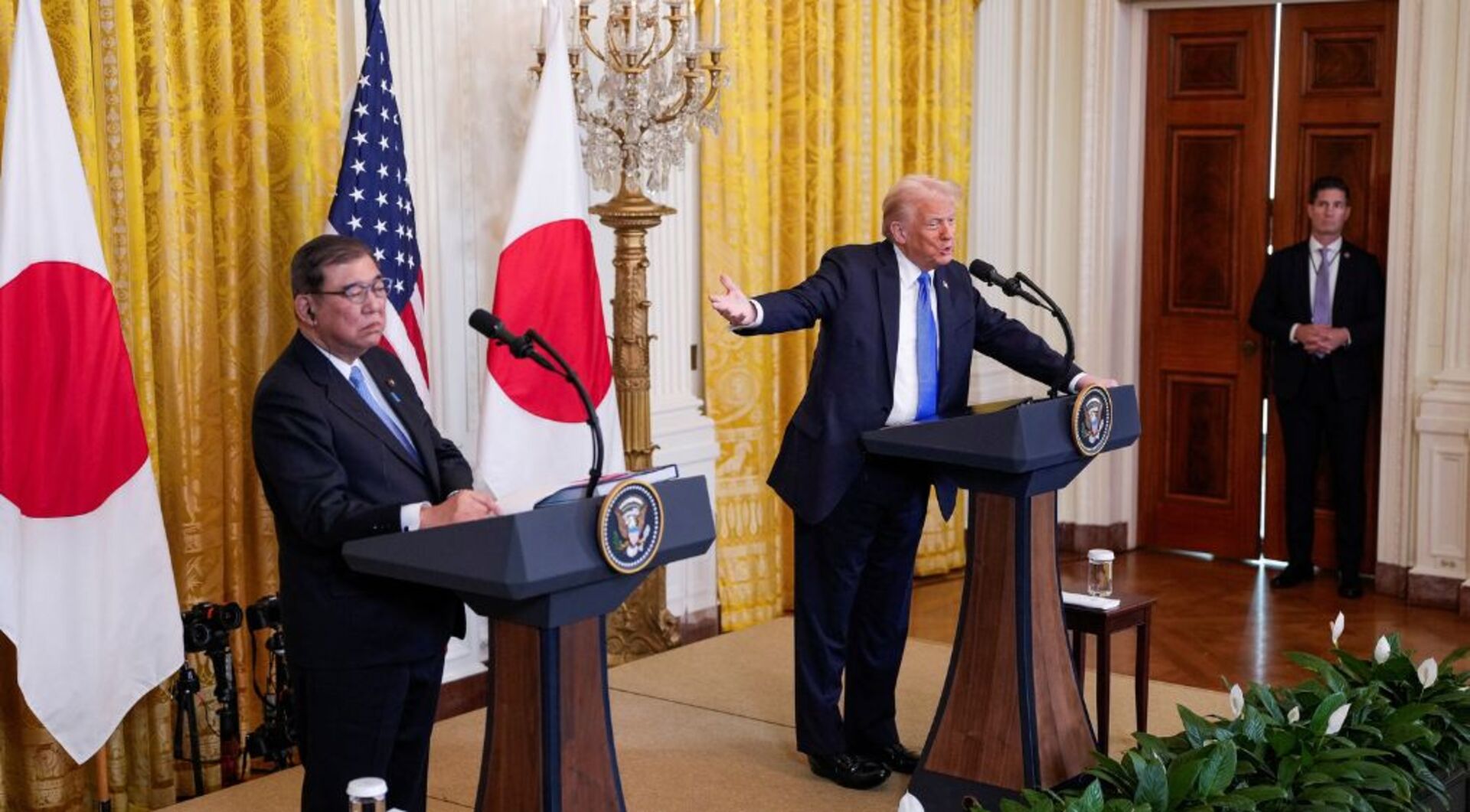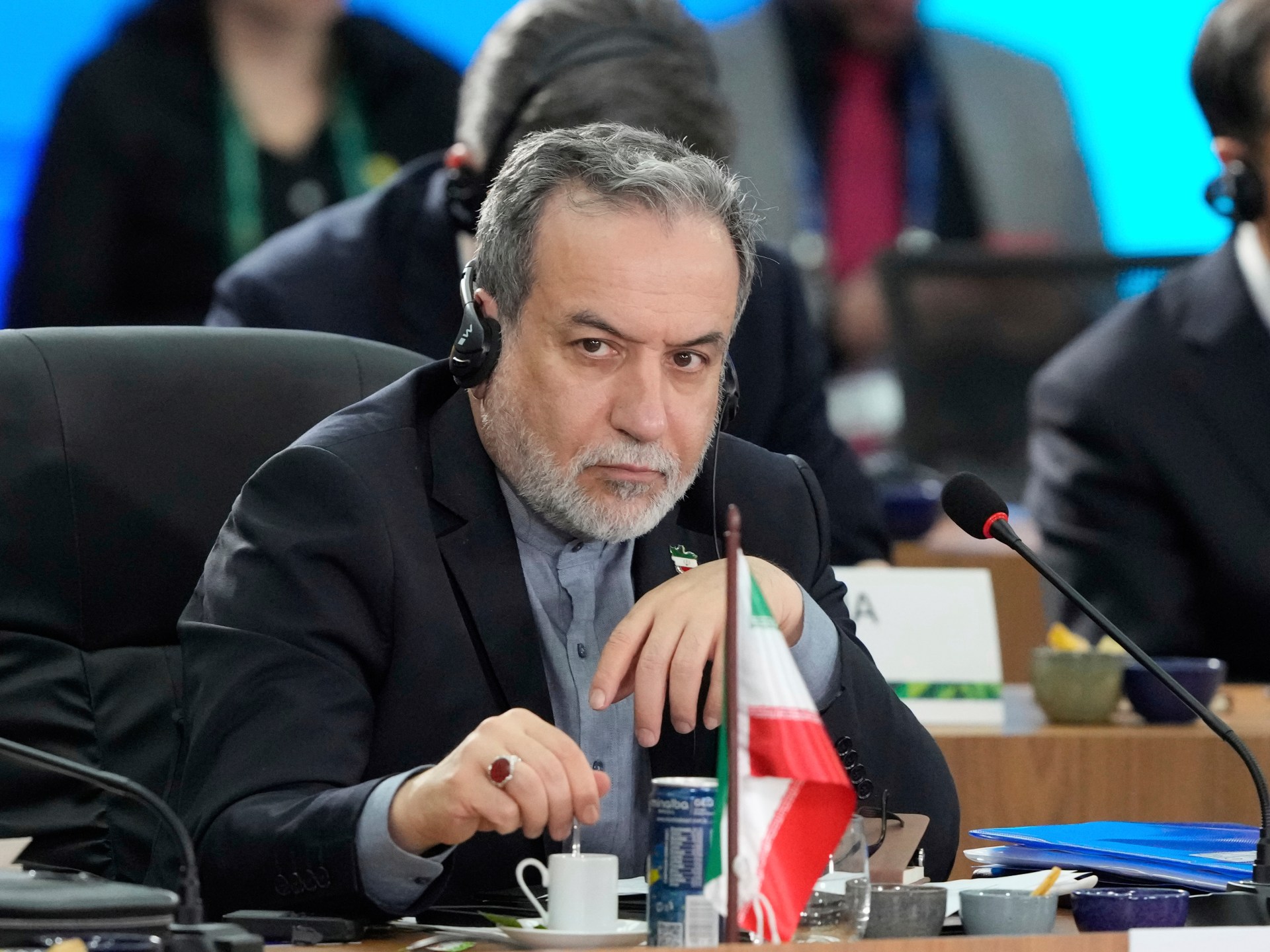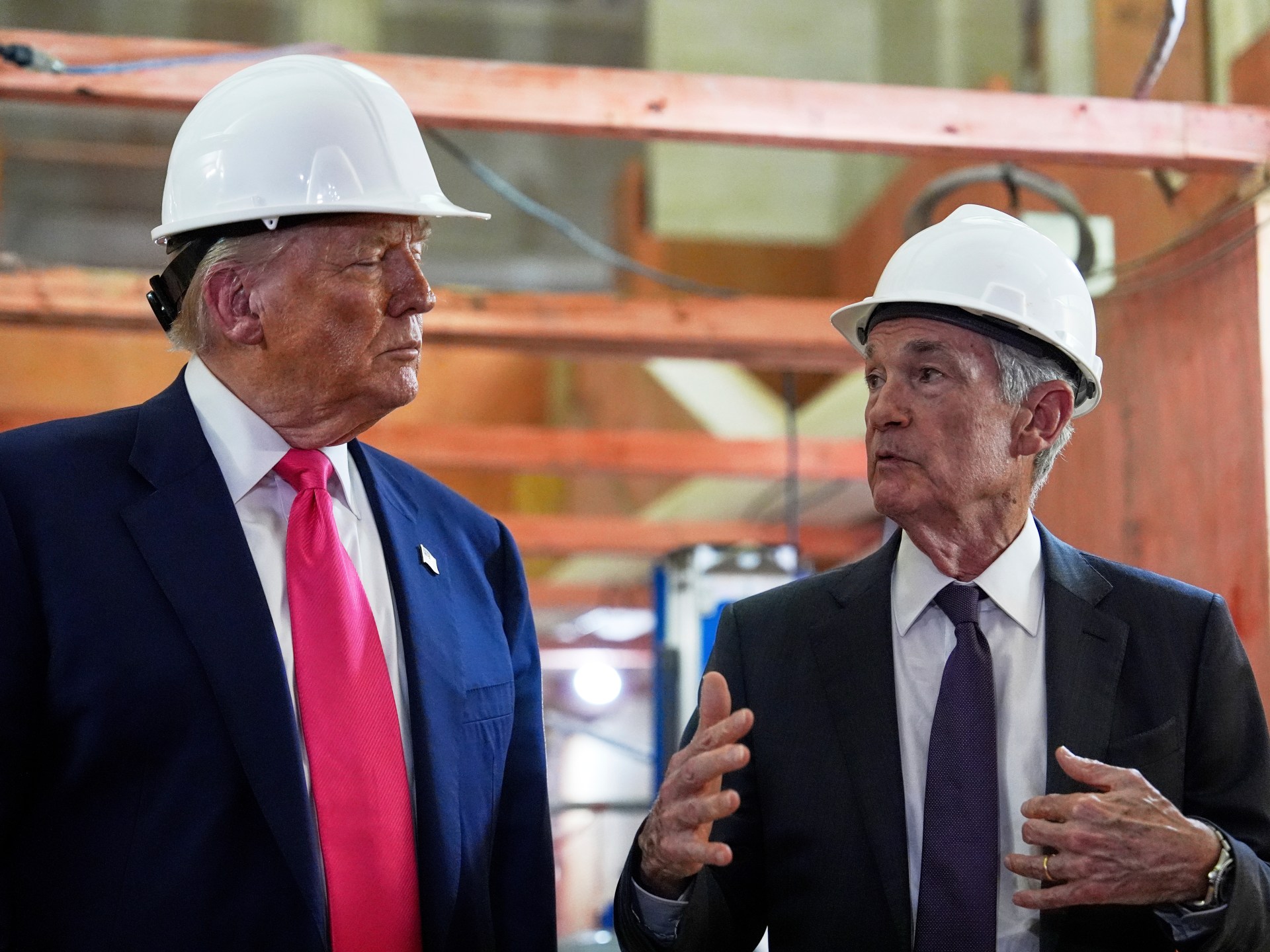A Venezuelan man who was deported from the United States has lodged a grievance with the president’s administration, alleging that he was wrongly sent to a Salvadoran prison where he suffered beatings and other forms of abuse.
One of the more than 250 Venezuelan men who was detained in the Terrorism Confinement Centre (CECOT), a maximum-security prison in El Salvador known for human rights violations, submitted the complaint on Thursday, marking the first of its kind.
Neiyerver Adrian Leon Rengel, 27, has made the first step in bringing a lawsuit against the Trump administration by filing a complaint against the DHS.
He and his Democracy Defenders Fund attorneys are suing for alleged abuse in amounts of $1.3 million.
Rengel claims that the Trump administration made up his falsehood and quickly deported him in order to evade detention.
Rengel endured physical, verbal, and psychological abuse in El Salvador for more than four months, according to the complaint. This is not his country of origin and a place with which he has no ties.
The Republican leader invoked the Alien Enemies Act of 1798 to justify the swift expulsion of alleged gang members while President Trump campaigned for a second term on the promise that he would implement a policy of mass deportation.
However, that statute was only used three times in US history, and only in times of war.
Trump allegedly violated the rights of immigrants by using the law to advance his domestic agenda while breaking the terms of his constitutional authority. Trump, however, argued that the law was required to stop what he termed an “invasion” of criminals from entering the country.
In connection with that deportation sweep under the Alien Enemies Act, Rengel was detained on March 13.
Immigration agents allegedly seized him in Irving, Texas, in the parking lot next to his apartment and allegedly lied about his tattoos to the Venezuelan gang Tren de Aragua.
Rengel was attempting to obtain legal status. He had already made an appointment with the US-Mexico border in June 2023 after making one through the CBP One app, which was then the country’s official portal for asylum applications and other immigration processing.
He was scheduled for a 2028 appointment with an immigration judge.
However, his life was changed when he was detained and taken to an immigration detention facility, according to his complaint. He claimed that there, DHS agents falsely predicted his return to Venezuela.
Instead, he was taken to El Salvador on a deportation flight.
The 250+ Venezuelan men were escorted by cameras into cells where their heads were shaved, handcuffed, and their heads bowed. Up to 40 000 people are expected to use the facility.
According to reports, the Trump administration reportedly gave El Salvador nearly $6 million to house the deported men.
Rengel claims that once inside the CECOT prison, he was repeatedly beaten, sometimes with bare fists, and that at least one time he was moved to a location without cameras.
Rengel participated in a prisoner exchange earlier this month that saw the release of all the deported Venezuelan men from CECOT and their home countries in exchange for the release of 10 American prisoners held in Venezuela.
Rengel’s attorneys claim that his mother is “terrified” of the possibility of his mother moving back to the US.
His complaint was filed in accordance with the Federal Tort Claims Act, which outlines the legal process for federal government lawsuits. Before filing a lawsuit, the government has until the government has six months to respond to the allegations.
The Trump administration has already made a statement outlining its opposition to Rengel’s assertions. It refuted its claim that Rengel was a gang member.
The Department of Homeland Security informed The Associated Press that “President Trump and]DHS Secretary]Kristi Noem will not allow foreign terrorist enemies to operate in our country and put Americans at risk.”
“We hear far too much about the false sob stories of gang members and criminals, and not enough about the victims of gang members.”
Numerous legal challenges have been raised by the Trump administration’s use of the Alien Enemies Act to speed deportations.
In March, US District Court Judge James Boasberg had given the order to return the deportation flights to the US, and he has since indicated that the Trump administration may be in contempt of court for doing so.
Boasberg ruled in addition that US courts must hear from Venezuelan deported men who have been deported.





